Directory
- Share
Vinit Nagarajan
- Alumni
- India
- 2005 MPhil Finance
- Hughes Hall

Vinit Nagarajan
- Alumni
- India
- 2005 MPhil Finance
- Hughes Hall
I'm glad to have the opportunity to study at Cambridge. I'm going to be studying for an M.Phil in Finance at the Judge Institute. Over the next year, I hope to further improve my understanding of finance and the financial markets, meet a lot of interesting people and enjoy the entire Cambridge experience.
Maio Nagashima
- Scholar
- Japan
- 2022 PhD Anglo-Saxon, Norse and Celtic
- St John's College
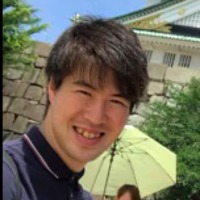
Maio Nagashima
- Scholar
- Japan
- 2022 PhD Anglo-Saxon, Norse and Celtic
- St John's College
Maio NAGASHIMA (he/him) is a PhD candidate at the Department of Anglo-Saxon, Norse and Celtic, the University of Cambridge. His chief interests lie in the European intellectual milieu in which medieval Irish adaptations of classical Latin epics were produced. His doctoral research explores the manuscript tradition of In Cath Catharda, the late 12th- or early 13th-century Irish adaptation of Lucan’s Bellum Civile, and the influence of the contemporaenous Lucanian exegesis upon the production and transmission of the vernacular work. He has recently contributed a chapter to Clarke, M., et al. (eds.), Classical Antiquity and Medieval Ireland (London, Bloomsbury: 2024).
Bhaskaran Nair
- Alumni
- Netherlands
- 2014 PhD Materials Science & Metallurgy
- Trinity College

Bhaskaran Nair
- Alumni
- Netherlands
- 2014 PhD Materials Science & Metallurgy
- Trinity College
During my bachelors at the University of Texas at Dallas, I was exposed to the sheer beauty of physics and the elegance of the tools it uses to deconstruct and understand the natural world. In materials science, particularly device physics, this beauty and elegance comes together with a chance to address some of the serious engineering problems our society faces looking forward. During my PhD in Materials Science, I seek to explore electrically driven phase transitions and electrocaloric effects in ionic liquids and dipolar fluids. These materials, which are eco-friendly and scalable, may be the key to displacing current vapor compression cooling with more efficient and accessible electrical cooling technologies. With this research, I seek to address not just issues in energy scarcity and environmental sustainability, but also in global health, where accessible cooling and temperature regulation are crucial in maintaining healthy, pathogen free environments.
Malavika Nair
- Alumni
- India
- 2016 PhD Materials Science
- Churchill College
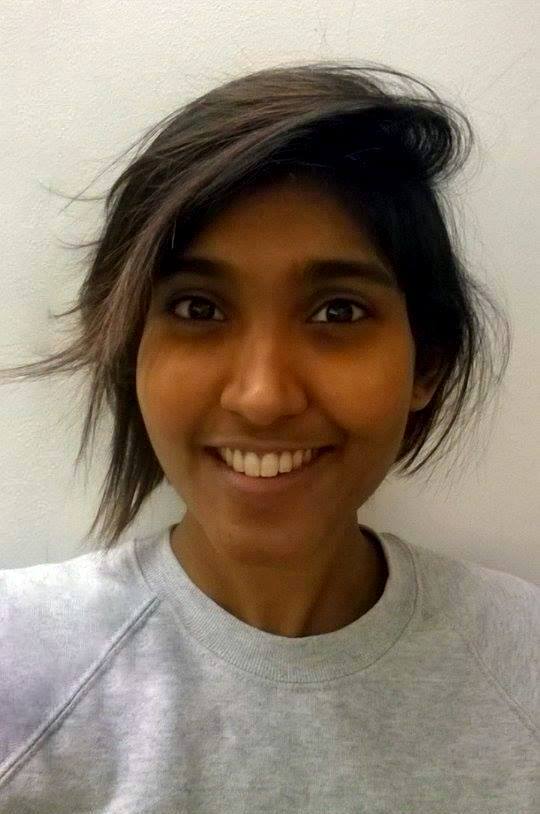
Malavika Nair
- Alumni
- India
- 2016 PhD Materials Science
- Churchill College
Malavika Nair is an Associate Professor in Biomaterials at the Institute of Biomedical Engineering. Malavika is a materials scientist by training, obtaining a BA, MSci in Natural Sciences (2012-2016) and a PhD (2016-2019) from the University of Cambridge. Malavika's doctoral work, funded by the Gates Cambridge Trust, was focused on the multiscale characterisation of ice, collagen, and ice-templated collagen scaffolds for tissue engineering.This was followed by post-doctoral research in 2020 combining machine learning techniques with experimental biomaterials datasets, and the award of a research fellowship at Emmanuel College where Malavika began working on electroactive biomaterials for tissue regeneration.In 2022, Malavika moved to the Oxford Institute of Biomedical Engineering to expand the work on electroactive biomaterials for use in bio-stimulation, bio-sensing and drug delivery.
Previous Education
University of Cambridge
Links
Nathan Nakatsuka
- Alumni
- United States
- 2012 MPhil Biological Science
- Churchill College
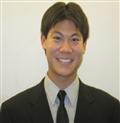
Nathan Nakatsuka
- Alumni
- United States
- 2012 MPhil Biological Science
- Churchill College
I was born in Honolulu, Hawai’i and lived there for almost all of my life before college. I then moved to the frigid northeast and spent four years at Harvard, graduating with an AB in Chemical and Physical Biology. With the Gates Cambridge Scholarship, I received an MPhil in Biological Science in the Genetics Department at Cambridge, doing research at the Wellcome Trust Sanger Institute in the laboratory of Dr. Ines Barroso. I then joined the MDPhD program at Harvard Medical School through the Harvard-MIT Health Sciences and Technology track, and obtained my PhD in the Harvard Systems Biology program doing research in the laboratory of David Reich on computational population genetics focused on India and the Americas. I am currently a postdoctoral fellow with Rahul Satija at New York Genome Center and Eric Nestler at Mount Sinai while also in the NYU psychiatry research track residency. Outside of academics, I spend much of my time doing community service and athletics (tennis and long-distance running), as well as Christian fellowship activities.
Isaac Nakhimovsky
- Alumni
- United States
- 2001 PhD Political Thought
- King's College

Isaac Nakhimovsky
- Alumni
- United States
- 2001 PhD Political Thought
- King's College
Greg Nance
- Alumni
- United States
- 2011 MPhil Management
- Fitzwilliam College
Greg Nance
- Alumni
- United States
- 2011 MPhil Management
- Fitzwilliam College
To showcase challenges in global education access, Greg Nance has run many of the most demanding footraces on the planet, including a 250KM ultramarathon across the Gobi Desert and a 200KM through the Malaysian jungle. He is sponsored by Brooks Running where he writes popular articles on his training, running philosophy and race reflections. In 2016 Greg was named the "12 Ambassador" to the Seattle Seahawks where his ultra running has appeared in TV commercials for Delta Air Lines. Greg is also a social entrepreneur who has dedicated his career to expanding educational opportunities through mentorship. He founded Dyad.com, an online mentorship platform that helps students earn scholarships, while a member of Fitzwilliam College at Cambridge University. PayPal named the company "Asia's Most Promising Startup” in 2015. As a Truman Scholar at UChicago, Greg co-founded Moneythink, an NGO providing inner-city teens with financial capability mentorship to boost college enrollment and success. President Obama named the organization a “Champion of Change” in 2012. In recognition of his work in global education, the Jefferson Awards for Public Service named Greg a "Globe Changer” in 2011.
Senthil Natesan
- Alumni
- India
- 2001 PhD Plant Sciences
- Trinity Hall

Senthil Natesan
- Alumni
- India
- 2001 PhD Plant Sciences
- Trinity Hall
Muktha Natrajan
- Alumni
- United States
- 2011 PhD Clinical Neurosciences
- Newnham College
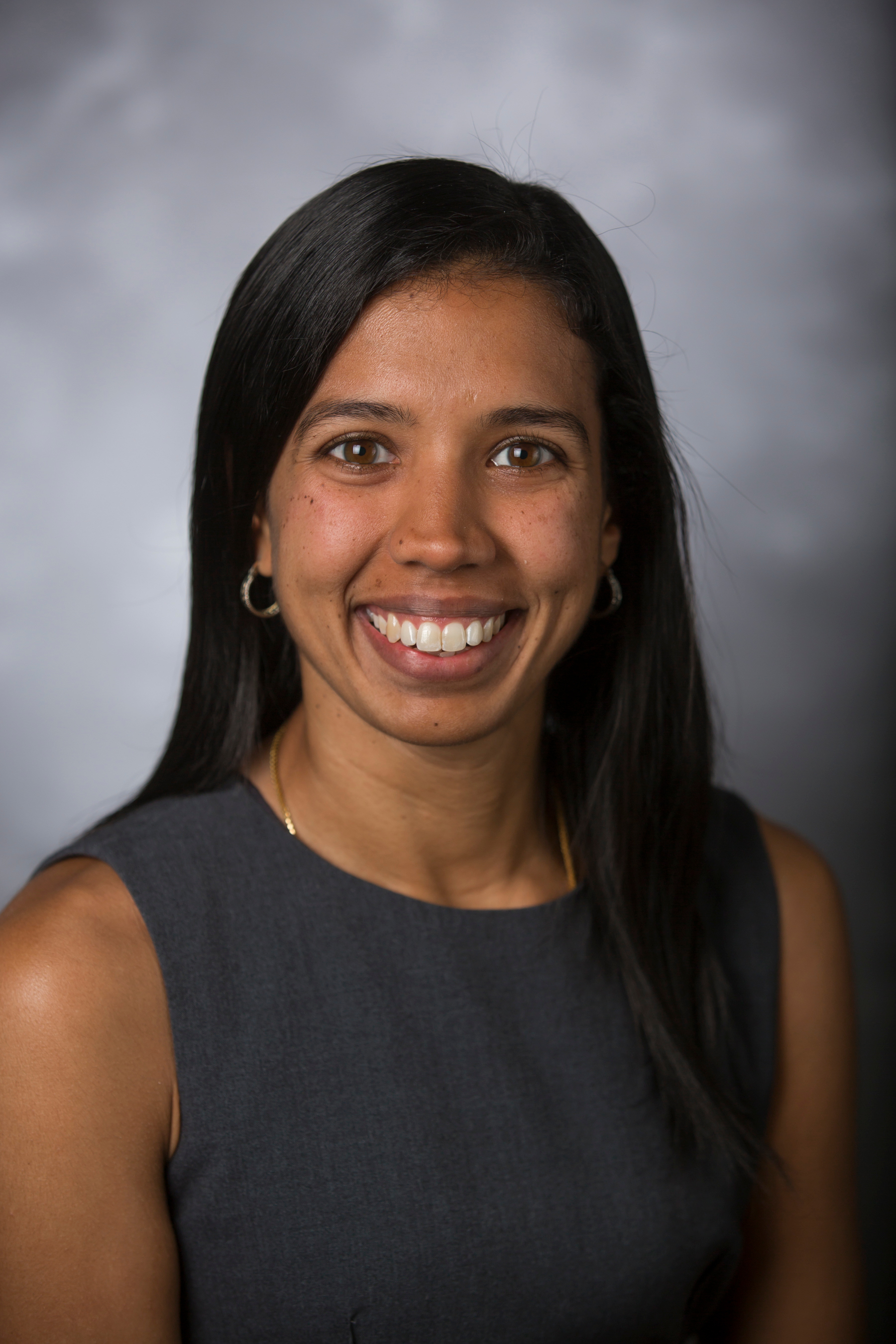
Muktha Natrajan
- Alumni
- United States
- 2011 PhD Clinical Neurosciences
- Newnham College
Dr. Muktha Natrajan began her research career through the University of Georgia Center for Undergraduate Research Apprenticeship in 2007 and has been growing to become an independent scientist since then. Through her commitment to her undergraduate laboratory, she was awarded national recognition by the Goldwater and Udall Scholarship Foundations, which led her to pursue a PhD program in Neuroscience and Immunology at the University of Cambridge and NIH, studying potential therapeutic targets for multiple sclerosis. She is currently pursuing her postdoc at the Hope Clinic of the Emory Vaccine Center, a clinical laboratory on the forefront of vaccine development and infectious disease research. As Emory’s coordinator of the NIH Vaccine Treatment Evaluation Unit's Systems Biology Core Facility and manager of the serology laboratory, her projects span multiple postdoctoral goals. She manages research specialists on large clinical studies for a multitude of microorganisms and has been able to focus her academic endeavors on data interpretation and assay development to improve our understanding of flaviviruses, such as Zika and Dengue. These viruses are transmitted by mosquitos so affect a large portion of the global population, partly due to the lack of effective vaccines against many of them. Dr. Natrajan intends to continue her career in infectious disease research and vaccine development, focusing on understanding the immune response to emerging global diseases.
Ramanan Navaratnam
- Alumni
- Sri Lanka
- 2003 PhD Engineering
- Trinity College

Ramanan Navaratnam
- Alumni
- Sri Lanka
- 2003 PhD Engineering
- Trinity College
The area of my research is 'Computer Vision' - a field that is expected to expand and make great strides in near future. This has many useful applications in a variety of fields such as security and surveillence, animation for movies and games and medical imaging. Being at a leading university like Cambridge, that is at the forefront in research in my chosen field, will not only help me to expand my knowledge but also to meet and develop contacts with like minded people.
Muhammad Arif Naveed
- Alumni
- Pakistan
- 2014 PhD Education
- Jesus College
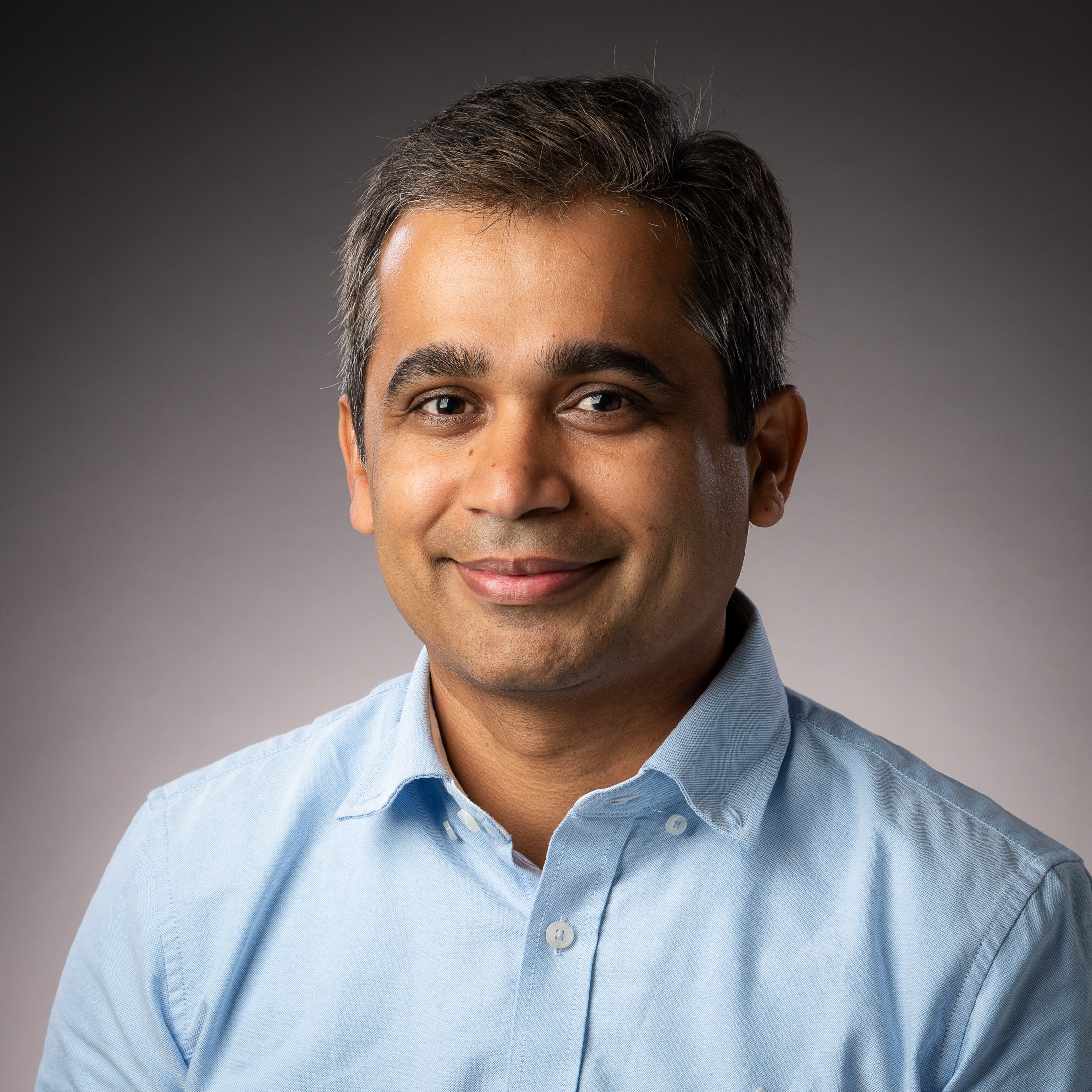
Muhammad Arif Naveed
- Alumni
- Pakistan
- 2014 PhD Education
- Jesus College
I am an Associate Professor of Education and International Development at the University of Bath. My research focuses on the expansion of mass-schooling in the Global South and its implications for social stratification and economic inequality. I am developing a theoretical and methodological framework with which to analyse the role of schooling in intergenerational, gendered social mobility in low and middle-income countries.
My research and teaching involve reconciling interdisciplinary tensions between economics, sociology and international development, between academic inquiry, policy formulations, and implementation on the ground, and between diverse methodological frameworks.
Previous Education
University of Cambridge 2012
University of Bath 2006
Quaid-i-Azam University 2002
Links
https://researchportal.bath.ac.uk/en/persons/arif-naveed
https://www.linkedin.com/in/arif-naveed-137650b
Dhiraj Nayyar
- Alumni
- India
- 2001 MPhil Development Studies
- Trinity College

Dhiraj Nayyar
- Alumni
- India
- 2001 MPhil Development Studies
- Trinity College
Martial Ndeffo Mbah
- Alumni
- Cameroon
- 2005 MASt Applied Mathematics
2006 PhD Plant Sciences - St Edmund's College
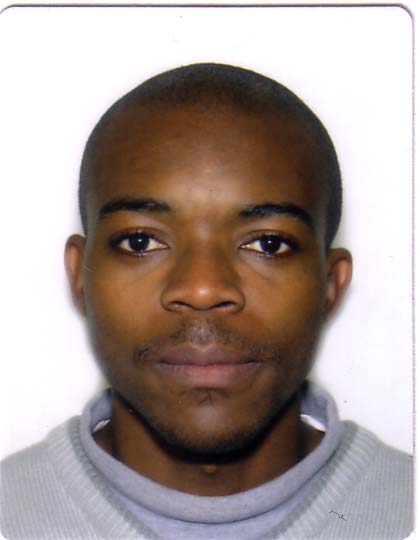
Martial Ndeffo Mbah
- Alumni
- Cameroon
- 2005 MASt Applied Mathematics
2006 PhD Plant Sciences - St Edmund's College
Valentina Ndolo
- Alumni
- Kenya
- 2018 PhD Veterinary Medicine
- Churchill College
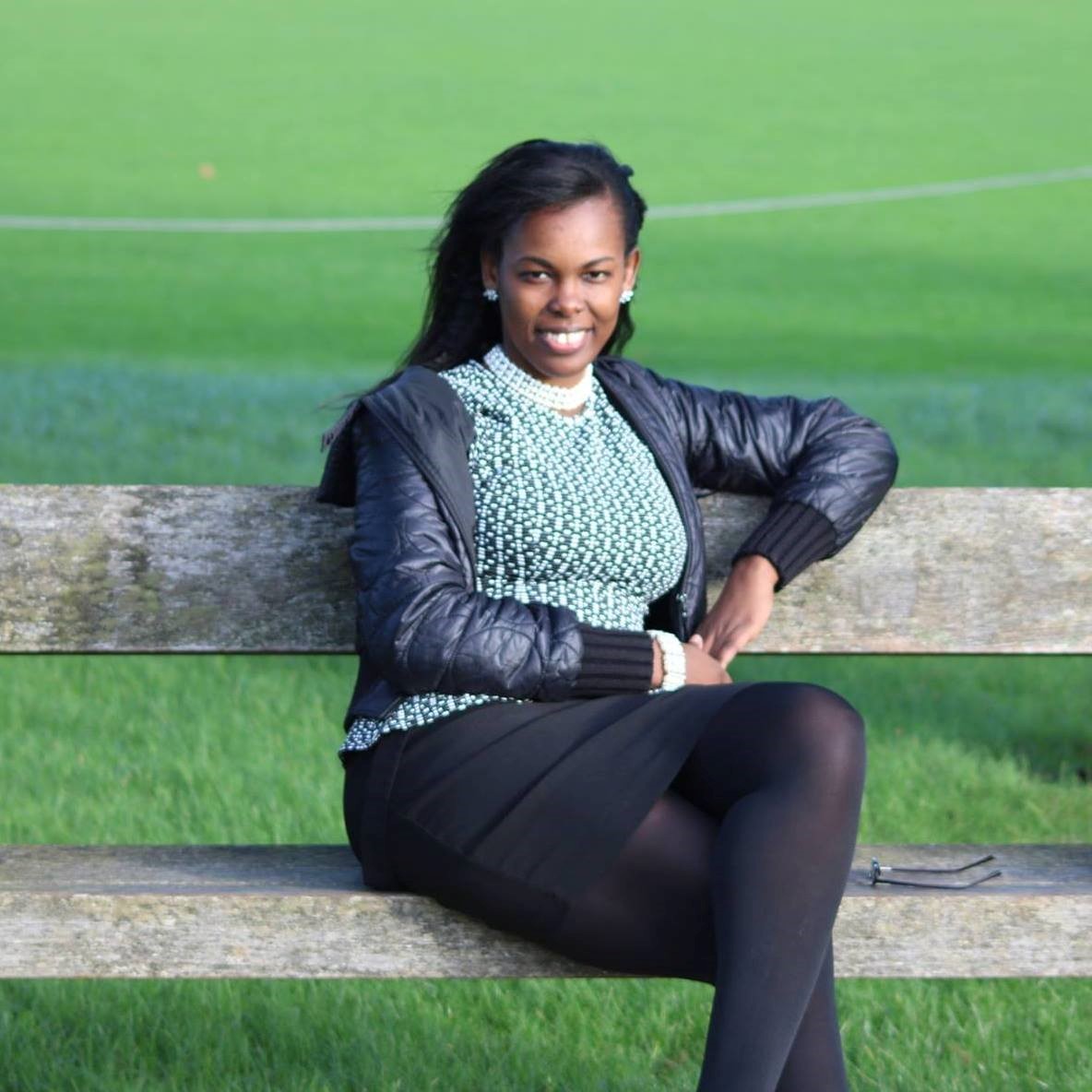
Valentina Ndolo
- Alumni
- Kenya
- 2018 PhD Veterinary Medicine
- Churchill College
I developed a passion for infectious disease research whilst undertaking my BSc in Biochemistry at the University of Nairobi. Upon graduating in 2013, I did an internship at the KEMRI Wellcome Trust Research Programme alongside the malaria immunology group. I later joined the US Army Medical Research Unit where I did another internship with the influenza surveillance group. In July 2015, I was offered a Commonwealth Scholarship by DFID to pursue an MSc in International Health & Tropical Medicine at the University of Oxford. Consequently, I worked with the malaria vaccine research group at the Jenner Institute for my thesis project. During my MSc, I founded the STEMing Africa Initiative ( https://stemingafricainitiative.wordpress.com/ ) to advocate for the active inclusion of women in STEM by supporting talented female graduates in STEM to secure scholarships for advanced degrees at leading universities worldwide. The modest awards from the Western Union, UNESCO, the Forum for African Women Educationalists, and the Association for the Development of Education in Africa (ADEA) helped me to spearhead this program. I also got an opportunity to enhance my leadership skills whilst participating as a fellow in the 2018 Mandela Washington Fellowship, a flagship program started by former president Barack Obama to connect young African leaders with leaders from the United States. For my Ph.D., I applied machine learning to model the distribution and determinants of anthrax disease risk across Uganda and Kenya. My work will accelerate anthrax disease elimination by providing guidance for targeted disease prevention and surveillance.
Previous Education
University Of Nairobi
University of Oxford
Kevin Nead
- Alumni
- United States
- 2011 MPhil Epidemiology
- Clare Hall
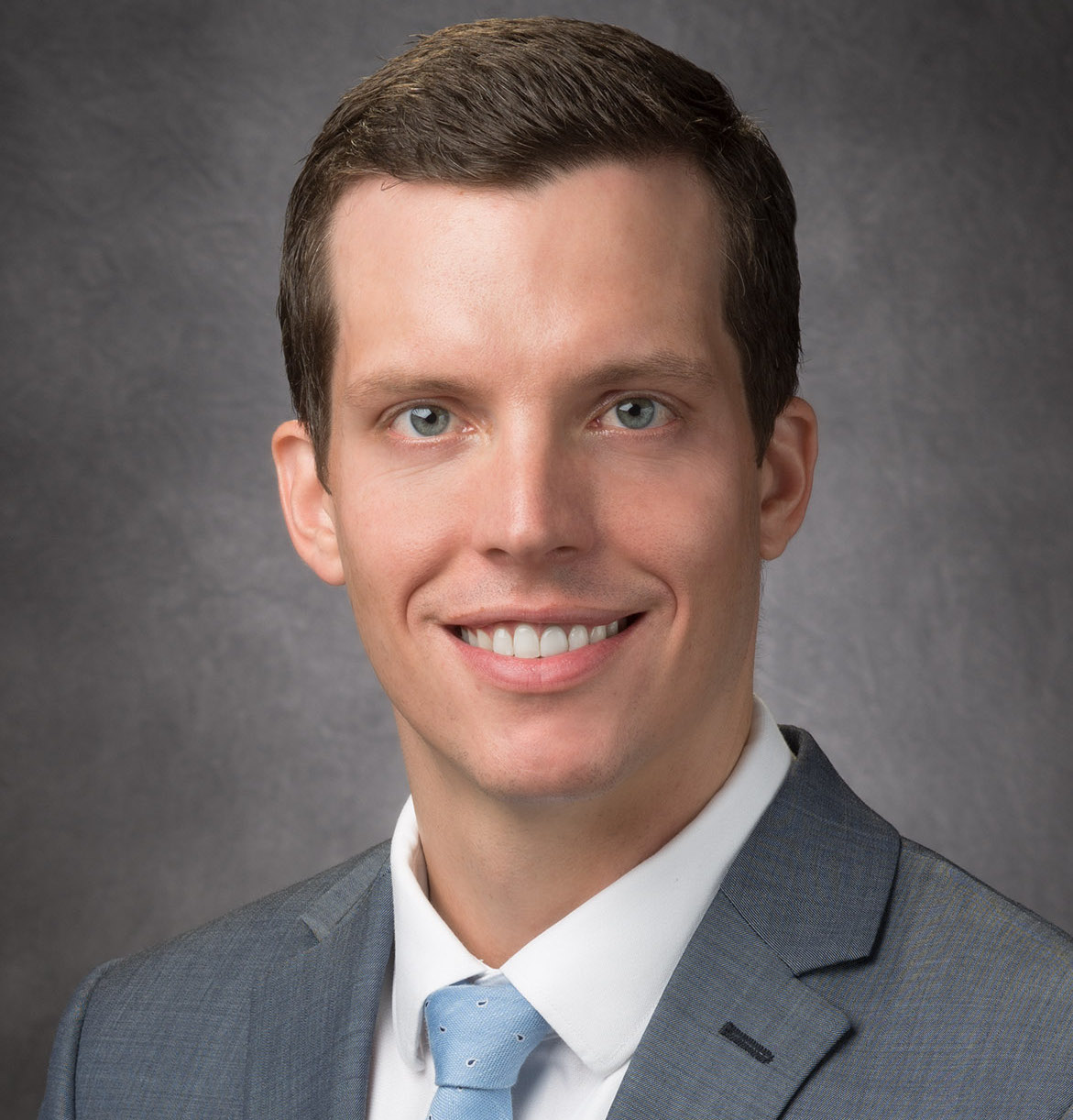
Kevin Nead
- Alumni
- United States
- 2011 MPhil Epidemiology
- Clare Hall
I completed my undergraduate degree at the University of Florida where I was also on the varsity swimming team. Prior to arriving at Cambridge I was a third year medical student at Stanford University. During medical school I conducted research in cardiovascular epidemiology with a focus on biomarkers and genetic risk factors in peripheral arterial disease. My work in this area was both inspirational and instructive in that I realized my passion for this method of research while recognizing the necessity for a stronger foundation in epidemiology and biostatistics. At Cambridge I obtained the practical training offered by a taught master’s while further exploring population based research with a focus on the interplay between metabolic disease and cancer. I completed my residency training in radiation oncology at the University of Pennsylvania. I am currently on faculty at MD Anderson Cancer Center where I run a lab focusing on genetic epidemiology.
Previous Education
Stanford University MD 2014
Links
Adam Nebesar
- Alumni
- United States
- 2003 MPhil Economics
- Jesus College

Adam Nebesar
- Alumni
- United States
- 2003 MPhil Economics
- Jesus College
Jonas Neher
- Alumni
- Germany
- 2005 PhD Biochemistry
- Darwin College
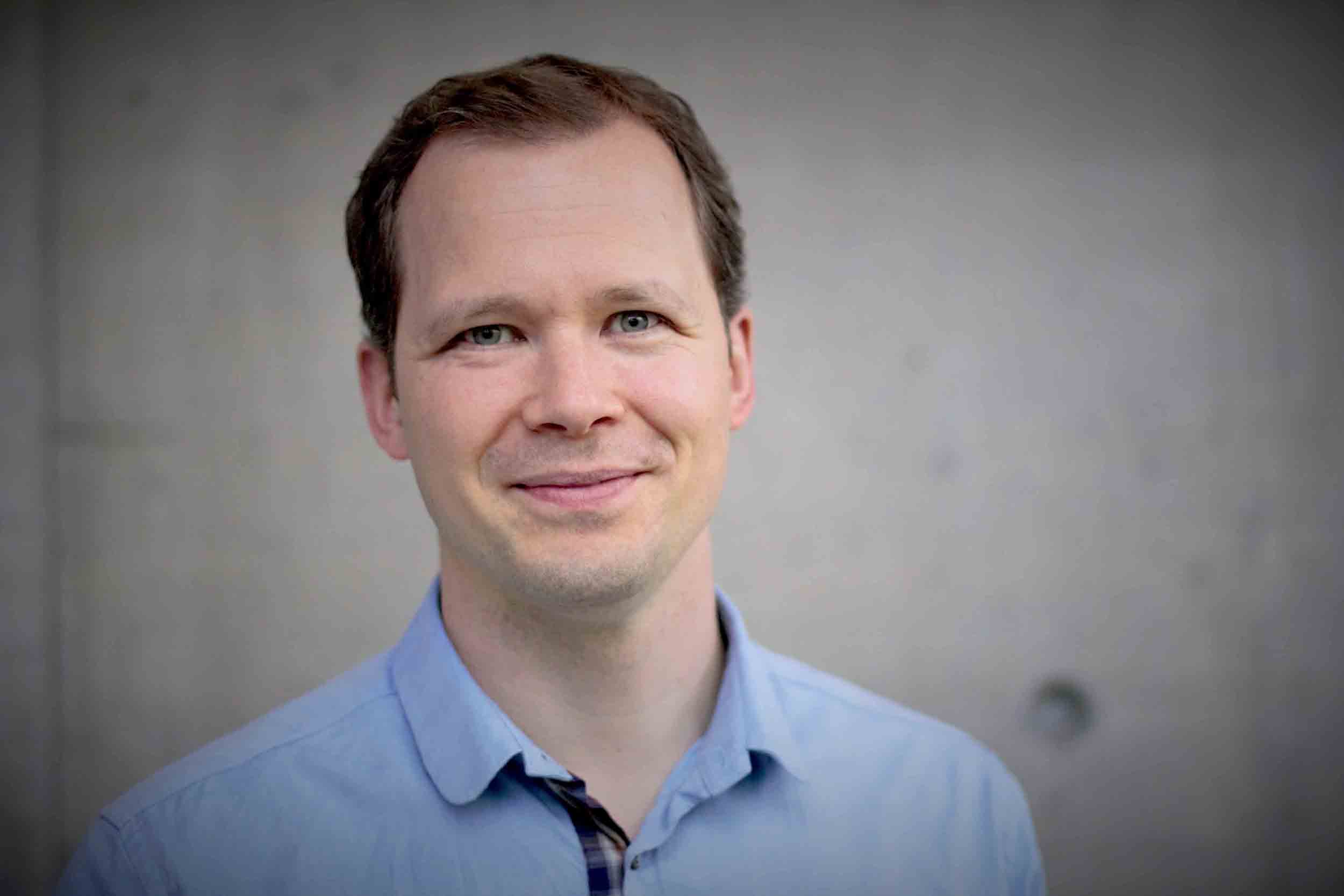
Jonas Neher
- Alumni
- Germany
- 2005 PhD Biochemistry
- Darwin College
Through my research I hope to help elucidate the biochemical basis of neurodegenerative disease – and the contribution of inflammation to neuronal death in particular. This knowledge should eventually allow for the development of efficient therapies for these yet untreatable and devastating disorders.
Lisa Neidhardt
- Alumni
- Germany
- 2019 PhD Medical Science at the Cambridge Institute for Medical Research
- Jesus College
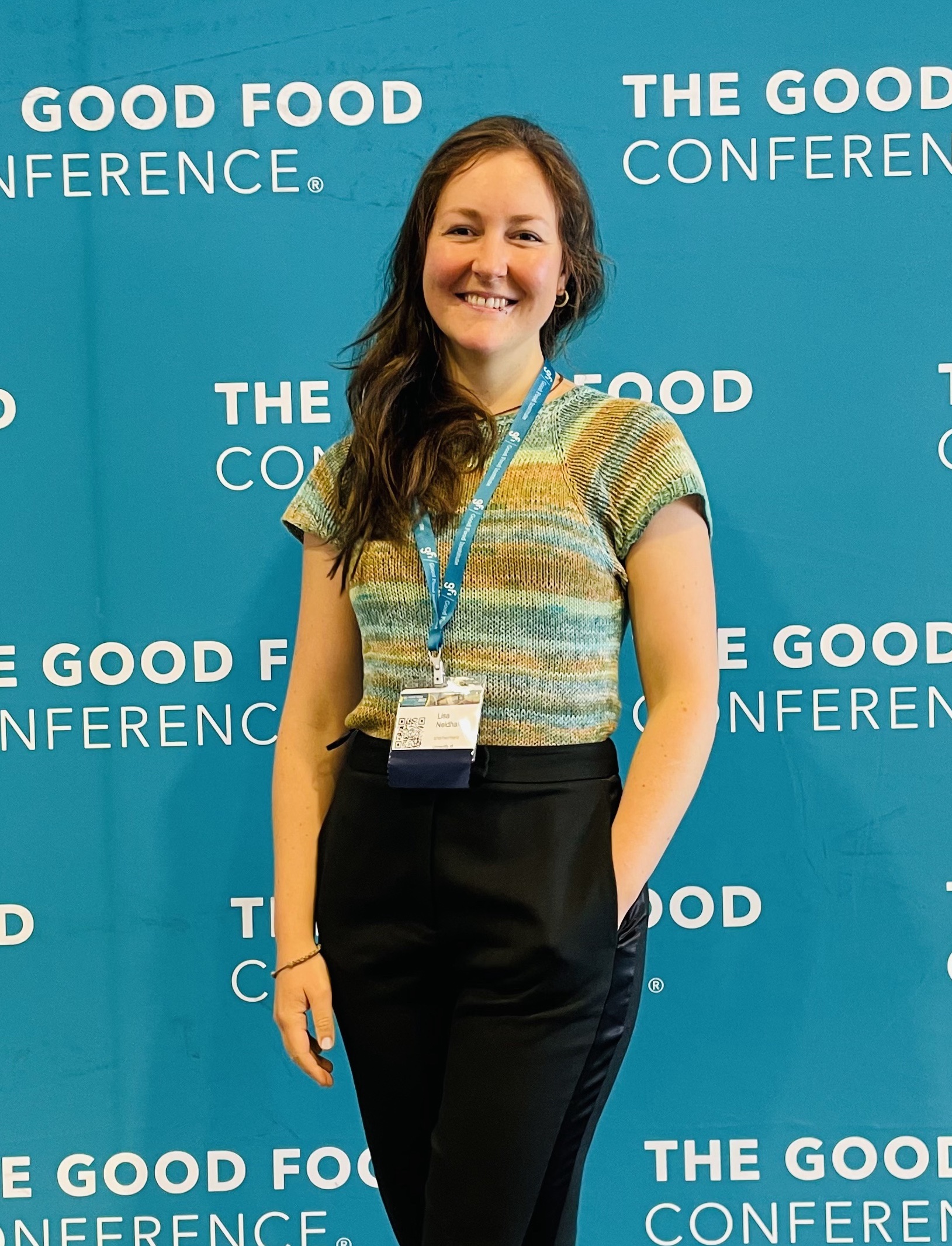
Lisa Neidhardt
- Alumni
- Germany
- 2019 PhD Medical Science at the Cambridge Institute for Medical Research
- Jesus College
Since my first biology lessons in school I have been fascinated by understanding nature and I have steadily developed the strong ambition to become a scientific researcher. I undertook my Bachelor’s and Master’s study in biochemistry at Free University of Berlin, where my research mainly focused on protein folding homeostasis during aging and neurodegenerative diseases in particular of Huntington’s disease. For my PhD I joined the lab of David Ron at the Cambridge Institute for Medical Research, where I will study cellular adaptations to the stress of unfolded and misfolded proteins in the secretory pathway. The unfolded protein response (UPR) defends protein folding homeostasis in the endoplasmic reticulum (ER) by matching the folding capacity to the unfolded protein load in the compartment. This simple feedback process impacts the function of the secretory pathway and because protein secretion is central to intercellular communication, ER stress and the response to it influences many physiological and pathophysiological processes. I am personally very much interested in impact through innovation and sustainable technologies, in particular alternative proteins to reshape our food system.
Previous Education
Free University of Berlin Biochemistry 2018
Free University of Berlin Biochemistry 2015








